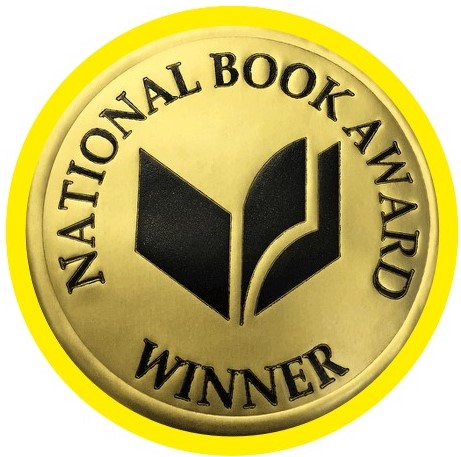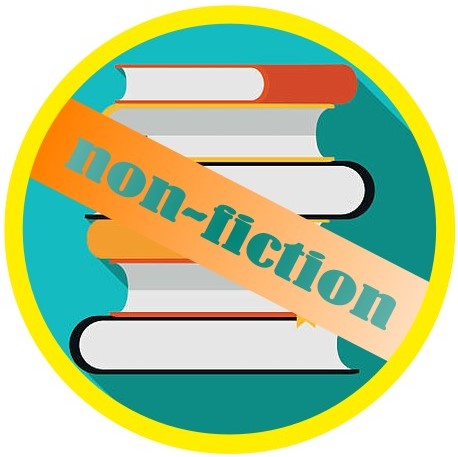| First posted 11/11/2025. |
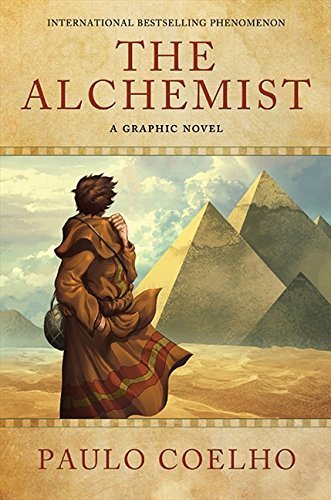 |
The Alchemist (O Alquimista)Paulo Coelho
|
|
First Publication: 1988 Category: adventure Sales: 65 million |
Accolades (click on badges to see full lists): 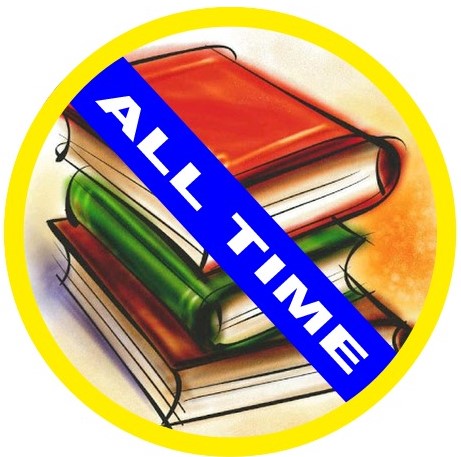
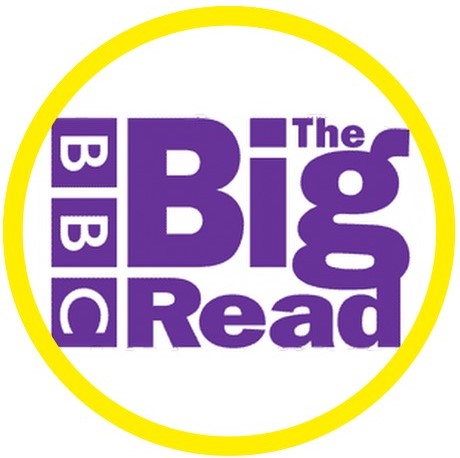




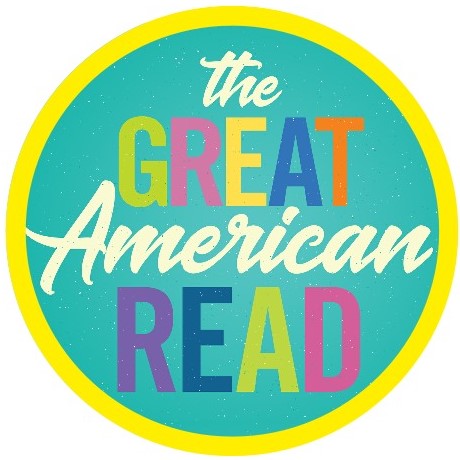
|
|
About the Book: “Combining magic, mysticism, wisdom and wonder into an inspiring tale of self-discovery, The Alchemist has become a modern classic…transforming the lives of countless readers across generations.” AZ “Originally written in Portuguese, it became an international bestseller translated into some 70 languages.” WK Coelho wrote the novel “in only two weeks in 1987. He explained he was able to write at this pace because the story was ‘already written in [his] soul.’” WK “An allegorical novel, The Alchemist follows a young Andalusian shepherd in his journey to the pyramids of Egypt, after having a recurring dream of finding a treasure there.” WK Santiago’s “quest will lead him to riches far different – and far more satisfying – than he ever imagined.” AZ “According to The New York Times, The Alchemist is ‘more self-help than literature.’ An old king tells Santiago that ‘when you really want something to happen, the whole universe will conspire so that your wish comes true.’” WK “Santiago’s journey teaches us about the essential wisdom of listening to our hearts, of recognizing opportunity and learning to read the omens strewn along life's path, and, most importantly, to follow our dreams.” AZ Resources and Related Links: |













